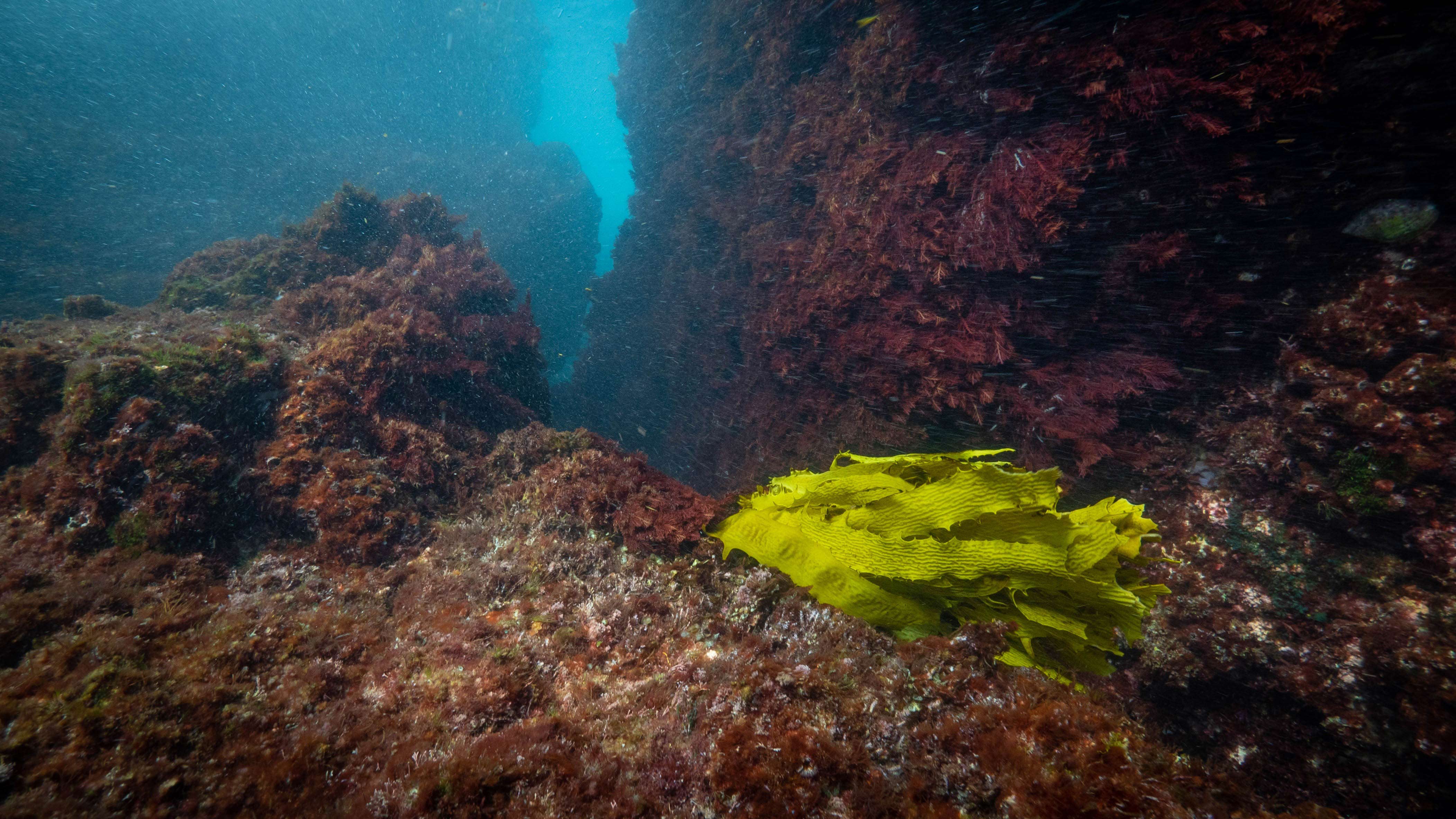Marine science experts have warned that record-high ocean temperatures, combined with a strong El Niño forecast to develop this year, are set to trigger intense marine heatwaves around the globe.
“The onset of strong El Niño conditions, on top of warming sea temperatures, is very worrying, and we should prepare for increasingly severe marine heatwaves in the coming months and years ahead.”Dr Karen Filbee-Dexter, UWA Oceans Institute.
A Comment paper in this week’s Nature, co-authored by researchers from The University of Western Australia, has called for decision-makers to take urgent action on a range of crucial risk-reduction strategies.
The team, led by CSIRO Research Director for Sustainable Marine Futures Dr Alistair Hobday, said it was critical for scientists and decision makers in marine biodiversity conservation, fishing, aquaculture, and tourism industries to closely monitor the extreme events and formulate a response plan.


Professor Thomas Wernberg from UWA’s Oceans Institute said marine heatwaves – which could last for weeks, months or even years – resulted in stress for most marine organisms and affected ecosystems, sometimes permanently, as well as the communities that rely on them.
“Marine heatwave events can cost marine industries billions of dollars and cause extreme and long-lasting damage to ocean ecosystems,” Professor Wernberg said.


The team analysed historical data to map oceanic regions most likely to be hit by strong marine heatwaves under El Niño conditions.
Dr Karen Filbee-Dexter, also from UWA’s Oceans Institute, said priority areas included the tropical central-to-eastern Pacific, coastal US Pacific waters, as well as those of Ecuador and Peru, and the Indian Ocean.
“Although El Niño conditions drive a trend of warming in many areas of the world, not all regions are affected the same. El Niño actually suppresses the likelihood of marine heatwaves in Western Australia,” Dr Filbee-Dexter said.
She said it was also essential to address global greenhouse-gas emissions, given that the extreme marine temperatures were ultimately being fuelled by the climate crisis.
“The onset of strong El Niño conditions, on top of warming sea temperatures, is very worrying, and we should prepare for increasingly severe marine heatwaves in the coming months and years ahead,” Dr Filbee-Dexter said.
The paper proposed that improved modelling and ongoing data collection would help local and national governments put warning systems in place so that relevant communities could act. This could include fisheries and aquacultures moving species to cooler waters, reducing harvesting quotas or closing fishing areas.






































